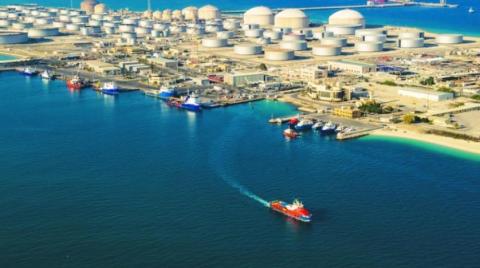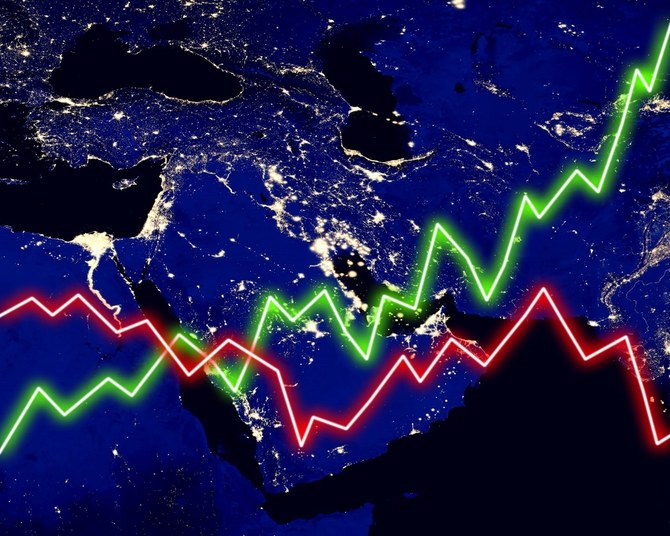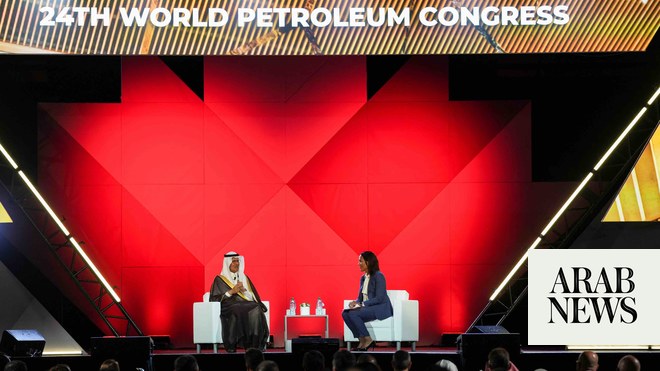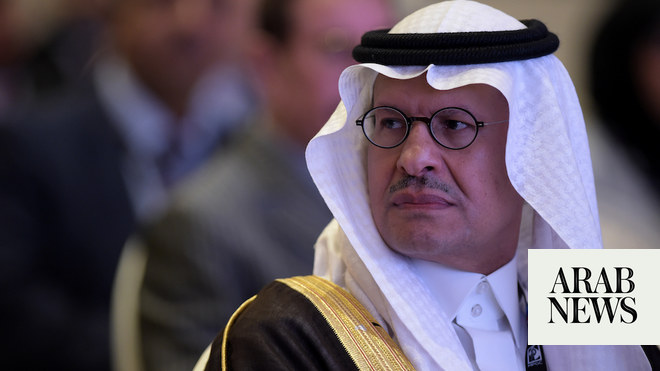
For three years now, energy security has been the most prevalent issue for the global economy. The world blames the high prices of oil and gas and accuses the sector of causing record-high inflation rates.
Curbing high inflation requires increasing interest rates, which drags the global economy toward recession.
Governments of oil-producing countries have long defended their vision through the Organization of the Petroleum Exporting Countries (OPEC) and its allies in OPEC+. They have warned of supply shortages and the repercussions of rapid transition towards renewable energy.
The International Association of Oil & Gas Producers (IOGP), which represents private and public energy companies around the world, had agreed with the general vision of OPEC.
IOGP Executive Director Iman Hill affirmed that members of the association are preparing to work with OPEC in all fields during the coming period and added that a lack of investment may lead to supply disruptions and price fluctuations.
“It would be good for us to have cooperation with (OPEC) for the future in general and energy security in particular. We already have common denominators, and we look forward to working together,” Hill told Asharq Al-Awsat in Cairo.
IOGP members, integrated energy companies, national oil companies, independent upstream operators, service companies, and industry associations operate around the globe, supplying over 40% of the world’s oil and gas demand.
Saudi Aramco, the UAE’s ADNOC, Iraq’s Basrah Gas Company, the Italian Eni, the UK’s BP, the US’ Exxon Mobil, and the French Total are all members of the IOGP.
Efforts spent by IOGP companies are inseparable from the constant efforts of OPEC and its allies to maintain market stability, especially during challenging periods like when the coronavirus pandemic struck the market and disrupted demand.
With demand recovering in post-pandemic days, OPEC warned that a lack of investment witnessed during the pandemic coupled with an acceleration towards energy transition had resulted in a shortage in global stocks.
Accordingly, OPEC decided to cut production by about two million bpd from October 2022 until the end of 2023 while considering any changes in the market.
“Many believe that the issue of energy security threatens the transition to renewable energy,” said Hill, adding that it shouldn’t if a holistic approach is applied.
“In the near term, our priority should be to get more energy to the market before planning our next steps,” noted the executive.
“When the market rebalances, policy makers must make decisions based on supply and demand, with carbon emissions in mind,” she emphasized.
“The focus should be on reducing emissions rather than ideological distancing from fossil fuels,” explained Hill.
“This will allow us to benefit from oil and gas resources to ensure global energy security,” she noted.
Hill added that the energy transition will remain a critical issue for the sector and industry for the foreseeable future.
“Nevertheless, the way we approach this important topic must be sustainable and sensible,” she stressed, pointing out that “focus should be on reducing emissions.”
“We must adopt a comprehensive approach through modern technology, and even adapt it to reduce emissions.”
The development of renewable energy sources remains critical to the energy transition, underscored Hill. She, however, said that it must be done in a way that allows all solutions with potential to reduce emissions to play an active role.
Hill believes that there is a great opportunity for Gulf, Middle East, and North African countries to bridge the gap in energy demand, especially amid the policy of diversifying supplies away from Russian gas and oil.
“The Middle East and North Africa region will be a dominant region in terms of production for decades to come,” stressed Hill.
“Oil and gas companies in the Middle East are exploring sustainable alternatives to current power generation methods.”
“They are diversifying their assets and increasing financing for the development of renewable technologies such as solar energy, wind energy, nuclear energy, hydropower, and bioenergy,” she added.
Hill pointed to the “Middle East Green Initiative” launched by Saudi Crown Prince Mohammed bin Salman in November 2022. The initiative constitutes the first regional alliance of its kind aimed at reducing carbon emissions in the region by more than 60%. It also seeks to provide huge economic opportunities for the region.
Planting 50 billion trees across the region, restoring 200 million hectares of degraded land are also part of the initiative.
“We look forward to increasing the number of the association’s members, who number about 90 private and public companies, by 5% annually,” Hill told Asharq Al-Awsat.
Hill revealed that discussions are underway with Egyptian companies such as the Egyptian Natural Gas Holding Company (EGAS) and Engineering for the Petroleum and Process Industries (ENPPI) to join the IOGP.












